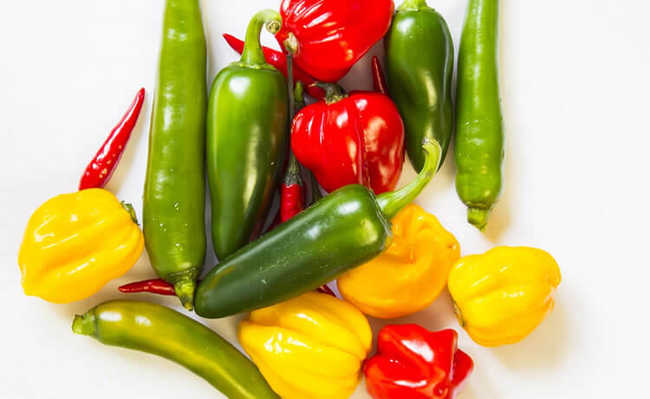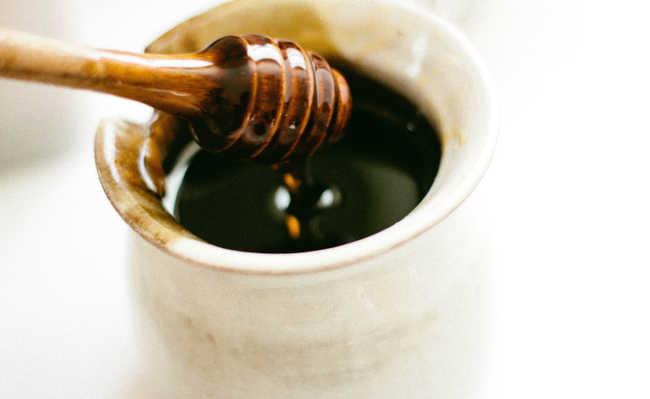Regular consumption of spicy foods may be related to longevity
According to Chinese research, the constant consumption of spicy food, such as peppers, is associated with up to 14% reduction in the risk of death

What tools are within our reach to improve health and longevity? Practicing physical activities regularly, avoiding harmful chemical components, in addition to maintaining proper diet and nutrition for our body are some of them.
Recent study by researchers from Chinese Academy of Medical Sciences points out that the consumption of spicy foods such as fresh and dried peppers, chili peppers, or oil and pepper sauce are also linked to longer life expectancy. This means that spicy food is good for the health of the body.
Given the wide variety and complexity of the human diet, it is very difficult to define the specific dietary components that have a direct effect on longevity. However, nutritionists point to health gains in preventing diseases with healthy eating patterns that include the adequate consumption of fruits, vegetables, whole grains, nuts, seeds, fiber and fish. Furthermore, there is recent interest in the study of the functional potential of spices such as turmeric and pepper.
Researchers examined the diets of nearly 500,000 people in China for more than seven years and found that individuals who ate spicy foods one or two days a week had a 10% lower risk of death. In addition, those who consumed such foods more than three days a week had a 14% lower risk. According to the analyses, Chinese who ate fresh rather than dried pepper tended to have a lower risk of dying from cancer, ischemic heart disease and diabetes.
Scientific interest in pepper and its potential has grown. THE capsaicin, a bioactive compound from chili peppers, has been studied for its antimicrobial, antioxidant, anti-inflammatory, anticancer properties, its beneficial influence on the intestinal flora, and anti-obesity and thermogenic effects.
The people involved in the study were from ten different geographical regions of China, between urban and rural areas, and were aged between 35 and 79 years. The survey itself lasted from 2004 to 2008, but there was a total follow-up of 7.2 years of participants. They were asked about the type of spicy foods eaten and their frequency in the diet. Chili pepper was the most observed seasoning in the answers. The authors also noted that higher pepper consumption was associated with higher consumption of other spices. During the survey, 20,224 people died. Participants with a history of serious illness were excluded from the statistics, and factors such as age, marital status, education, physical activity, family history and general diet were taken into account.
The association between pepper consumption and longer longevity was present only among those who did not consume alcohol (and a null association among those who did consume alcohol).
However, further research is needed to determine whether consumption of spicy food has the potential to reduce mortality directly, or whether it is a marker of other dietary and lifestyle factors. The relationship between the intensity of the burning sensation caused by peppers and their effect has not yet been studied. The additional contribution of eating spicy foods to the benefits of a healthy and balanced diet remains to be investigated. However, current results certainly stimulate curiosity about its consumption.









